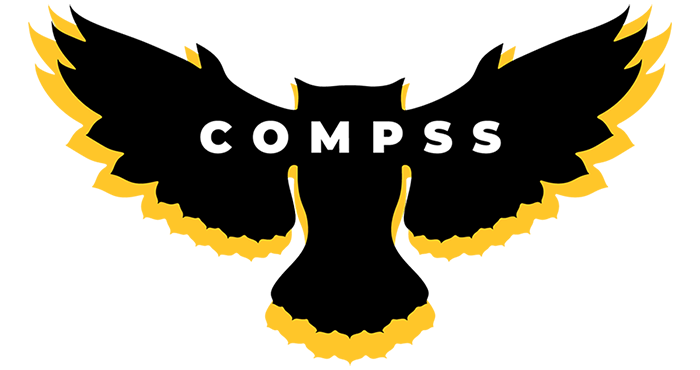Literature Review Peer Review
As you begin writing your peer review, remember that your peers benefit more from constructive criticism than vague praise. A comment like "I got confused here" or "I saw your point clearly here" are more useful than "It looks okay to me." Point out ways your classmates can improve their work.
Task
As a writer . . .
When you submit your rough draft, include answers to the following two questions at
the top of your draft:
What questions do you have for your reviewer?
What two (or more) concerns do you have about your literature review?
As a reviewer . . .
Step 1: First, read your peer’s rhetorical analysis two times: once to get an overview of the paper, and a second time to provide constructive criticism for the author to use when revising his/her paper.
Step 2: Answer the following questions.
- Question 1: Does the draft include an introduction that presents the topic and provides
appropriate background information to clarify the context in which the writer is reviewing
the literature?
- Question 2: Are the research studies and other types of literature (reviews, theoretical
articles, case studies, etc.) grouped according to common denominators? E.g.: qualitative
versus quantitative approaches, conclusions of authors, purpose or objective, chronology
- Question 3: Are all individual sources briefly summarized and analyzed, with descriptions
of their strengths and weaknesses?
- Question 4: Are the sources reliable? Are they varied?
- Question 5: Does the draft include a conclusion that summarizes the most important
contributions sources make to the topic and connects these points to the larger discipline
or profession?
- Question 6: What did you find most interesting about this draft?
Step 3: Address the questions and concerns your partner wrote at the top of the draft.
Step 4: Finally, write two short paragraphs in response to your peer:
- In the first short paragraph, write about what the writer does especially well.
- In the second short paragraph, write about what you think the writer should do to improve his or her essay.
Your suggestions will be the most useful part of peer review for your classmates, so focus more of your time on these paragraphs; they will count for more of your peer review grade than the yes or no responses.
Hints for peer review:
- Point out the strengths.
- Address the larger issues first.
- Make specific suggestions for improvement.
- Be tactful but be candid and direct.
- Don’t be afraid to disagree with another reviewer.
- Make and receive comments in a useful way.
- Remember that peer review is not an editing service.

This material was developed by the COMPSS team and is licensed under a Creative Commons Attribution 4.0 International License. All materials created by the COMPSS team are free to use and can be adopted, adapted,
and/or shared as long as the materials are attributed. Please keep this information
on materials you adopt, adapt, and/or share.
















